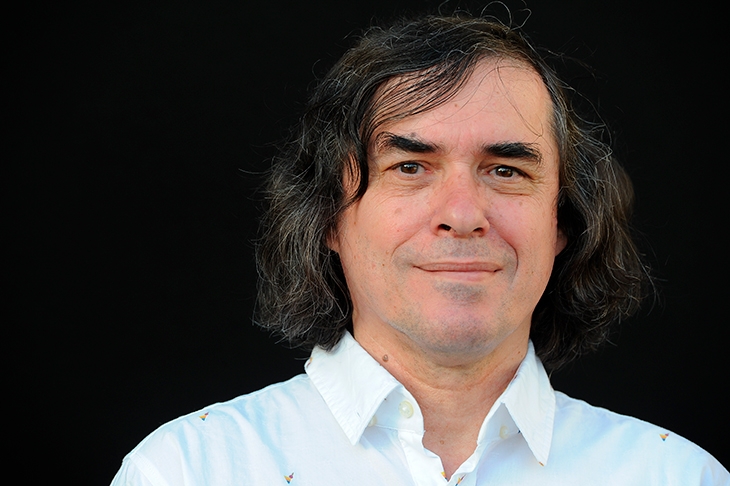Mircea Cartarescu likens his native Romania to a Latin American country stranded in eastern Europe. Certainly, his writing delivers not the pared-down parables and ironies of his self-exiled compatriot (and Nobel laureate) Herta Müller, but a rainbow-hued riot of fantasy, imagination and invention. The gender-switching narrator of ‘The Twins’ — one of five linked tales that make up Nostalgia — urges his lover to remember that ‘under the obscene rococo of our world and flesh, our bones are gothic and our spirit is gothic’. That feels about right, although Cartarescu fills his grotesque and hallucinatory scenes with tropical warmth, colour and light on top of the sepulchral chills of old Europe. If you looked for the perfect director to film Nostalgia, a joint effort by Guillermo del Toro and Terry Gilliam might just do the trick.
A poet before he turned to fiction, Cartarescu had a breakthrough success with this book in 1989 — in the dying days of Ceausescu’s dictatorship, it fell foul of the censors. In English, we can still only read fragments of his output, so credit to Penguin Modern Classics for picking up this humdinger of a translation by Julian Semilian (first issued by New Directions in New York). Each part of Nostalgia unfolds in a Bucharest filtered through memories, dreams and visions that imbue childhood games, street markets, Christmas parties or tram rides with ‘the pure joy of strolling through the Marvellous’. Or the pure horror: behind the excursions into wild fantasy lies an urge to keep faith with the all-consuming power, for good or ill, of childhood and adolescent ways of seeing and feeling. Cartarescu’s narrators and characters live in ‘golden worlds, thick with ecstasy and emotion and suffering’.








Comments
Join the debate for just £1 a month
Be part of the conversation with other Spectator readers by getting your first three months for £3.
UNLOCK ACCESS Just £1 a monthAlready a subscriber? Log in